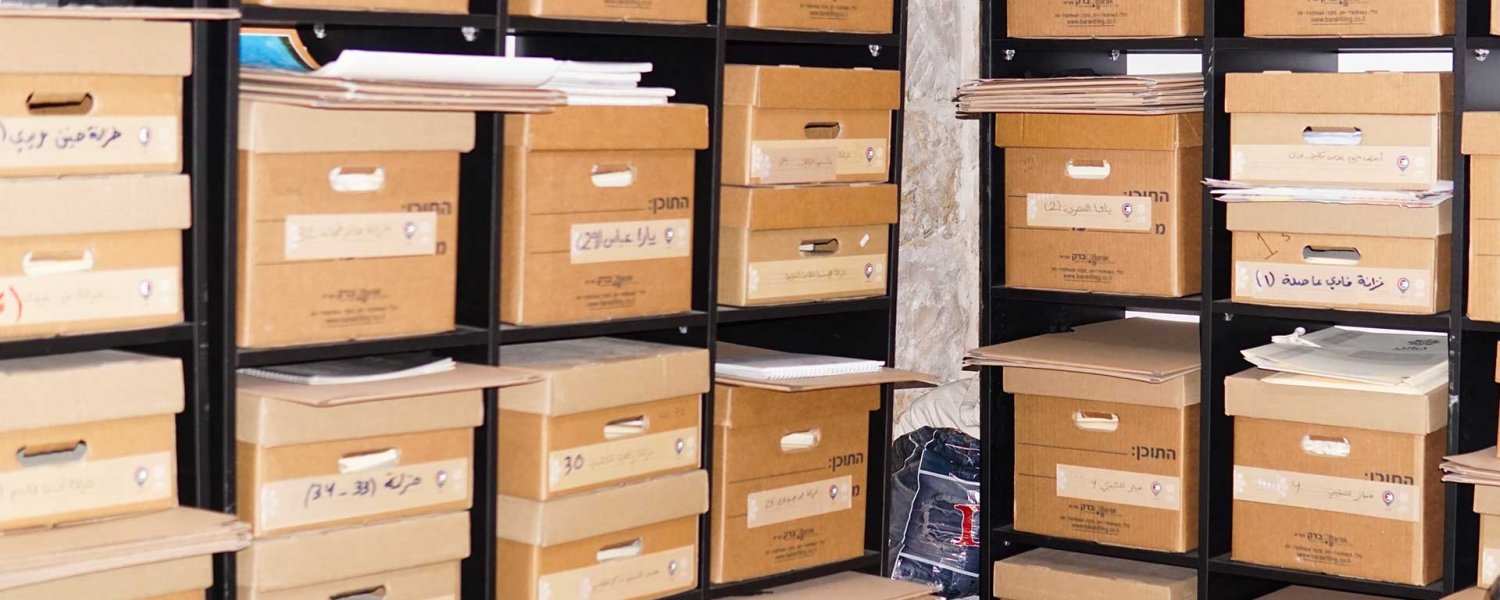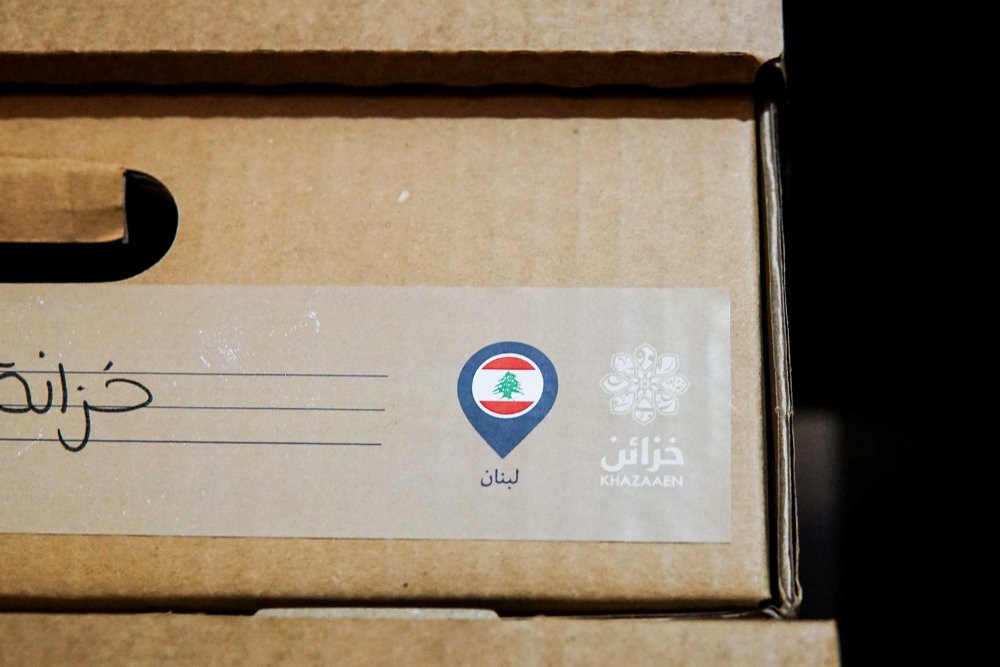Fadi is no stranger to digging through archives. Born and raised in a small town called ‘Arrabat al-Battuf in the Galilee, he has always been fascinated by the history of his people. As he read about the history of Palestine, however, he noticed the only available documentation was from elite families. He was curious to understand the experiences of day-to-day people with less political influence, so he attended Birzeit University in Ramallah to study history, followed by an MA in comparative literature at the Hebrew University in Jerusalem. He then moved to Berlin to study at the Freie Universität and completed an MA in archiving before moving back to Jerusalem to enroll in a doctoral program in Palestinian history and geography at the Hebrew University. By the end of 2023, he’ll be finished with his studies.
“The focus of my studies is on Palestinian villagers and their villages,” he says, “and how these books help us understand the history of these people; because it’s different from the national narrative and from the elite narrative.”
Fadi is interested in how regular people live their lives, how they experience different issues, and how they deal with suffering. “Even though both the villagers and the elite suffered, the villagers experienced the Nakba in a different way than the elites,” Fadi says. “But the elite narrative is the most prominent, because they knew how to read and write, and they built all the Palestinian organizations.”
So, in many ways, Khazaaen is an extension of Fadi’s research. “I want both narratives to be in history,” he says, “because history should be structured from all voices in society.”
A key purpose of Khazaaen is to preserve the archives of everyday Palestinians and ensure that their stories and perspectives will be included as part of history.
A second purpose is to address the lack of Palestinian archives in general. As Fadi researched his dissertation topic, he was surprised to find there weren’t many professional Palestinian archives—and none of them were documenting the stories of ordinary people. “Most of the elite families will publish a book or appear in a newspaper, but the people on the street aren’t documented,” Fadi says. “But every village will have lots of events—weddings, funerals—and this material can help us to understand more about the people in the villages and the camps.”
To access Khazaaen archives, people can book online consultations. Since the archive is housed in a small space, only a few visitors—researchers, students, academics, artists, reporters, videographers—can be accommodated at any given time. Fortunately, most of the material is digitized and archived online, making it searchable. To find items of interest, people visit www.khazaaen.org, enter their search terms, and see what results come up.
It’s a big undertaking, and not without its challenges. With limited space, Fadi has to turn down families who want to donate their archives to store in a physical space; however, they can be uploaded online. Fadi manages a network of volunteers who help document, restore, preserve, digitize, and categorize archives, but they have to work in shifts, because space is limited, so a lot of Fadi’s time is taken up with logistics and organizing shifts. However, he believes it’s entirely worth it, because documenting the social history of Palestinians adds entirely new perspectives and narratives that can never be erased.
“People feel that archiving their stories prevents them from death,” Fadi says, “because their story will be here forever. And in a Palestinian context, all of us are in danger—so this is a way of defending ourselves.”














